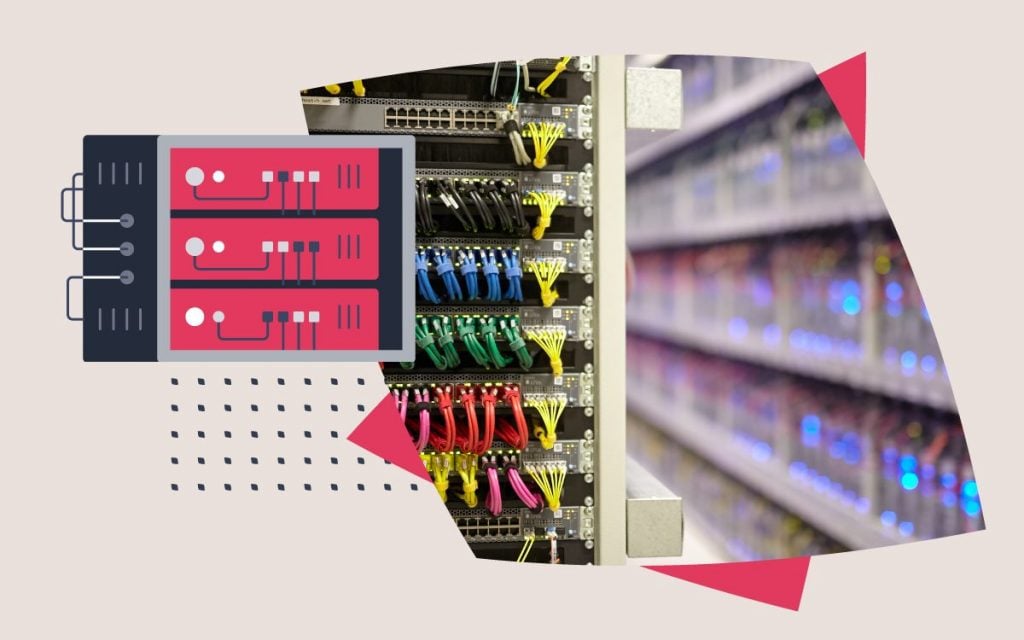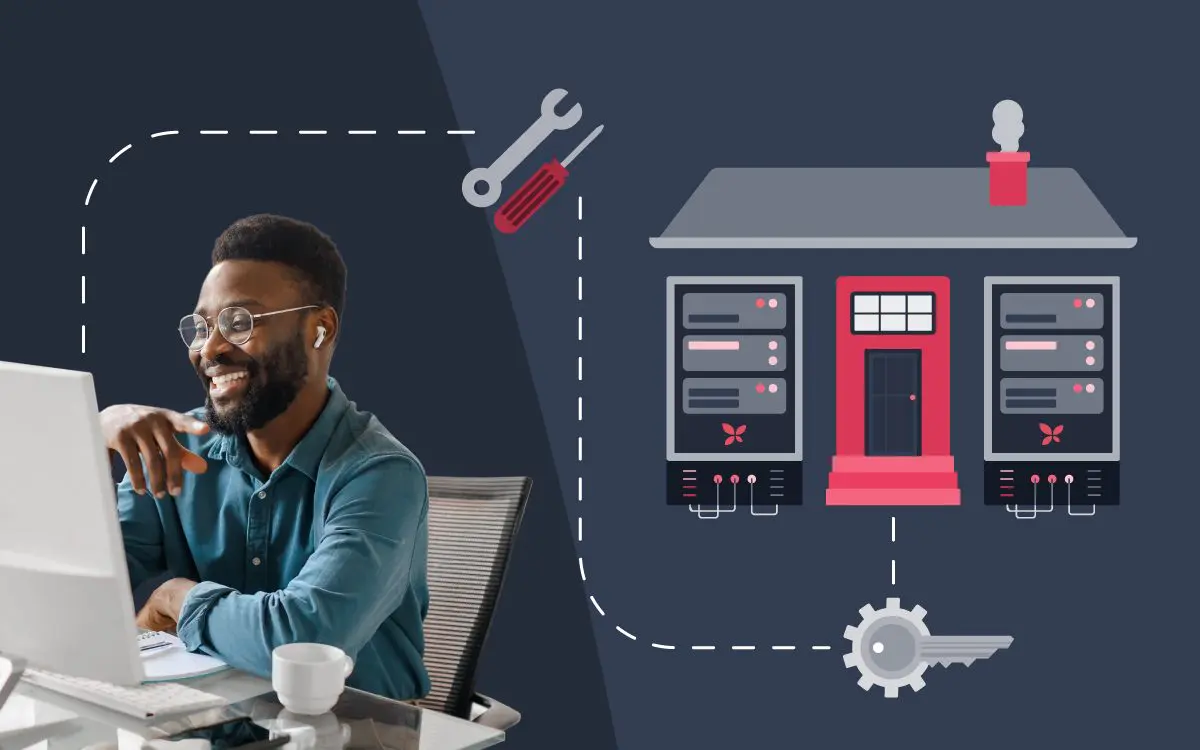No matter whether you work for yourself or for someone else, you need to pay tax. As a business owner, part of your company’s success lies in complying with tax requirements of South Africa.
With the start of a new tax year, now’s the time to get your business’ finances in order. We asked one of our valued customers, Accounting Cafe, to put together a guide on some of the tax implications you need to consider as a small business owner.
First things first: Structure your business correctly
Regardless of how big or small your business is, e-commerce or brick-and-mortar, xneelo customer Peter Pappas, managing partner at Accounting Cafe, says your first step is to ensure your business structure is in place.
To do this, you need to ask yourself:
- Are you trading as a sole proprietor or a company?
- What are your forecasted budgets and tax implications for the entity you’ve decided on?
If you decide to trade as a sole proprietor or partnership, then open a separate business bank account for trading purposes. “You cannot use your personal bank account as a business account, regardless of whether you’re a startup or in a partnership.
“Always keep your business transactions separate from your personal ones – not doing that could affect admin and create tax challenges going forward.”
Registering a company
In his experience, Peter often advises that the business plan will guide your decision to trade as either a sole proprietor or company. “Generally most startups trade as sole proprietors as there are inherent administration and compliance costs when registering a company. Once your business starts to grow and gain traction – and you forecast significant growth – only then should you consider registering and transferring the business into a company.”
For franchisees and larger start-ups, however, the steps are a little different. “Where there’s a large amount of capital expenditure, the recommendation is usually to start as a company upfront, especially when there are VAT implications and a forecast of significant growth within a 12-month period.”
How to your manage tax as an SME
You might be tempted to handle your accounting needs and taxes yourself as a way of saving costs but Peter advises against this. “Appoint a registered tax practitioner and accountant as soon as possible. In addition to managing your books, they can help you structure your business correctly upfront. This eliminates the need to make changes when your business is already trading, which can cause unnecessary complications.”
Peter stresses that it’s imperative to have the right support in place in terms of financial and tax advice. Make sure the firm or professional you choose is registered with recognised bodies, such as:
- South African Institute of Professional Accountants
- South African Institute of Chartered Accountants
- Southern African Institute for Business Accountants
- South African Institute of Tax Professionals
An accountant or tax practitioner plays a pivotal role in how they can implement a structure that is beneficial to you – both in your personal capacity and your business, explains Peter. “Compliance is key and you need to establish a relationship with an experienced professional who can offer you the best advice.”
Keep records and automate processes
Automating processes and keeping electronic records will save you time and money in the long run. As a business owner, you may need to complete an annual return for your company that provides details relating to your revenue, expenses, deductions, capital gains or losses and any other documentation that will help you manage your personal and business tax.
Good record keeping means you’ll be able to explain what you’ve declared if SARS has any questions about the information you’ve provided. You can do this by keeping digital copies of all supporting documents, such as invoices, receipts, bank deposit slips and expenses.
Use an established accounting system (preferably cloud-based) that will make it much easier to send invoices, track outstanding payments and monitor your expenses. In addition, subscribe to a payroll software if you have employees. This will also create efficiency and structure within your workplace.
There are many cloud-based solutions that are both easy to use and affordably priced. Your accountant can advise on the best one for you.
The types of tax you may need to pay
While the tax you’re liable for depends on your business structure, Peter says compulsory tax for most small businesses includes income and provisional tax. “VAT is turnover dependent and you may need to pay PAYE, UIF (Unemployment Insurance Fund) and SDL (Skills Development Levy) if you have employees and are running a payroll system.”
Provisional tax: This isn’t a separate tax from your income tax; instead provisional tax protects you from having to pay one large tax bill. You’ll pay your annual income tax in three separate installments:
- 1 August (1st period)
- 28 February (2nd period)
- 30 September (3rd period)
Your first two payments are based on an estimation of your taxable income for the period. The third payment is there in case you’ve underestimated and paid too little tax. If you’ve overestimated, on the other hand, you may receive a refund.
Pay-as-you-earn tax (PAYE): By law every employer has to register for PAYE within 21 days after hiring your first employee. You must deduct PAYE and UIF from employees’s salaries monthly and pay it to SARS .
Turnover tax: If your business earns less than R1 million you qualify for turnover tax, which incorporates VAT, income tax, provisional tax and dividends tax into one simplified system.
Value added tax (VAT): Registration for VAT is either voluntary (if your annual turnover exceeds R25 000) or compulsory (when annual turnover exceeds R1 million). You must charge 15% VAT on the taxable supplies of goods and services, which you’ll pay to SARS.
Dividends tax: If you have shareholders who earn dividends, you’ll need to pay dividends tax.
While all this information may seem daunting, your main objective should be to grow your business. “Partner with an accountant who is best suited to advise you on structuring your company in a tax-efficient manner,” concludes Peter.
The bottom line: Let the professionals handle your books and tax, while you work on building your business and making it a success.
Ready to start your online business? View our web hosting options and choose a plan to suit your needs.
Image source: Getty








